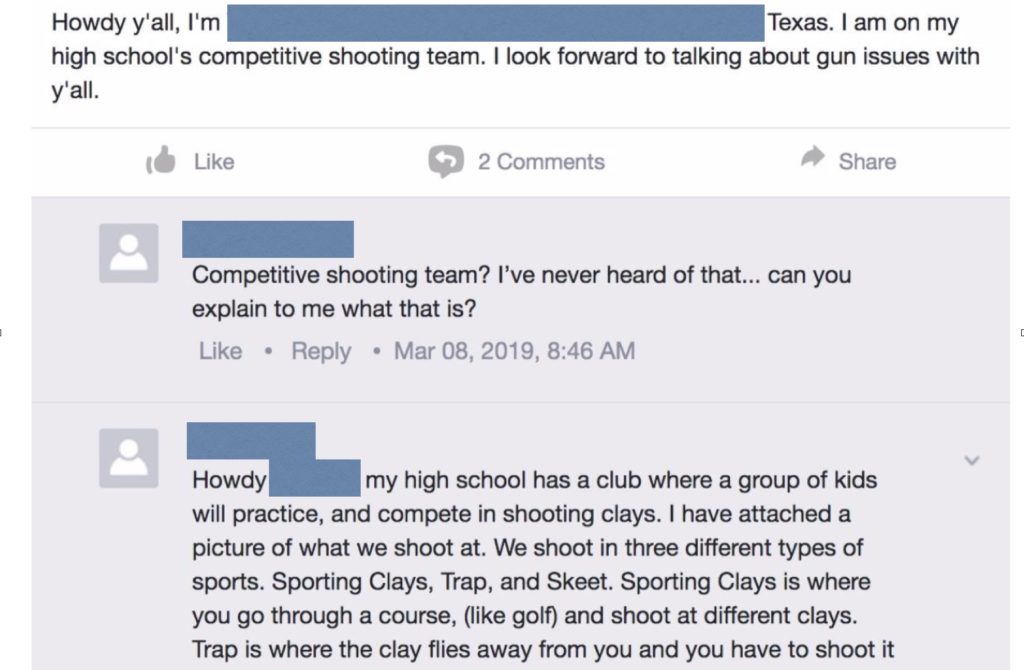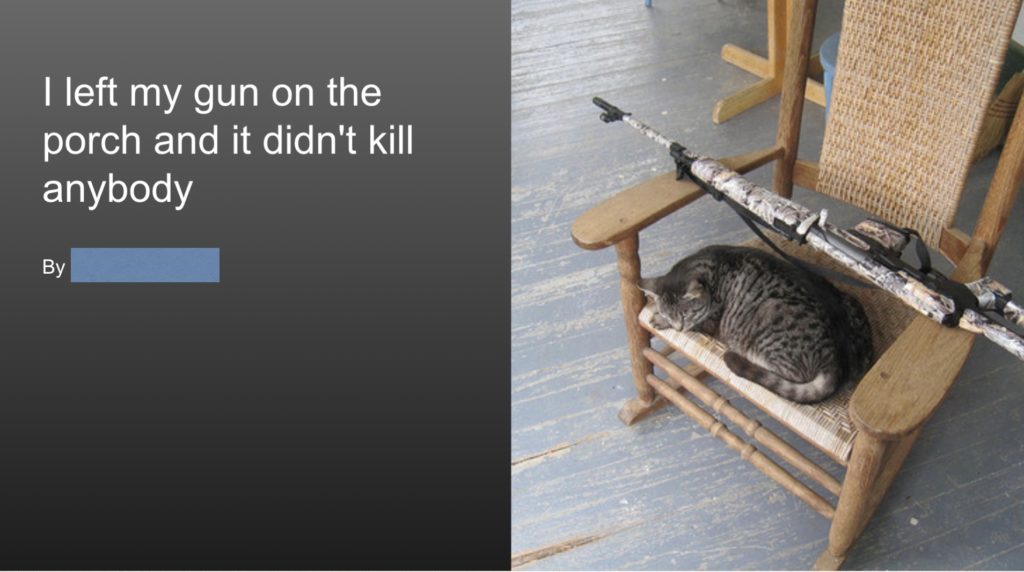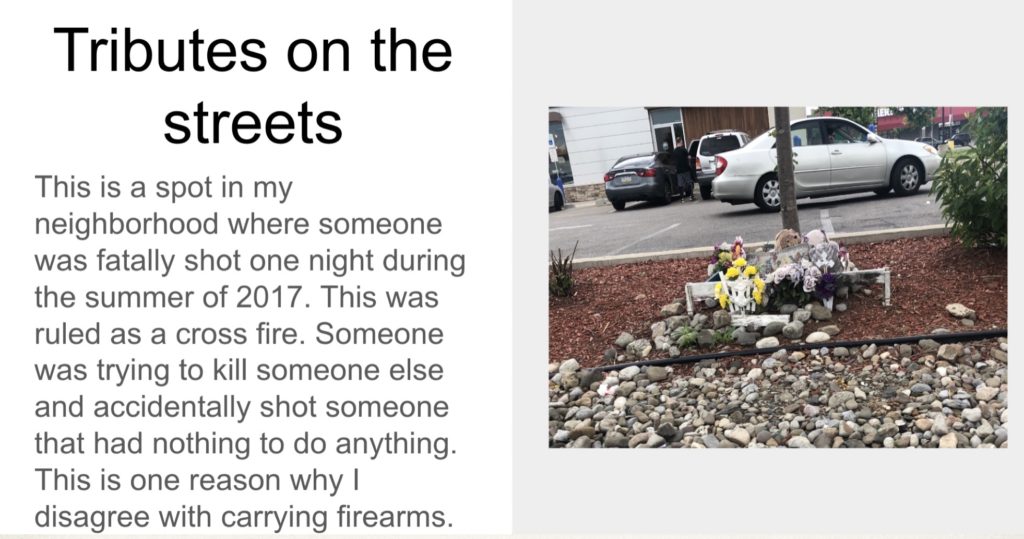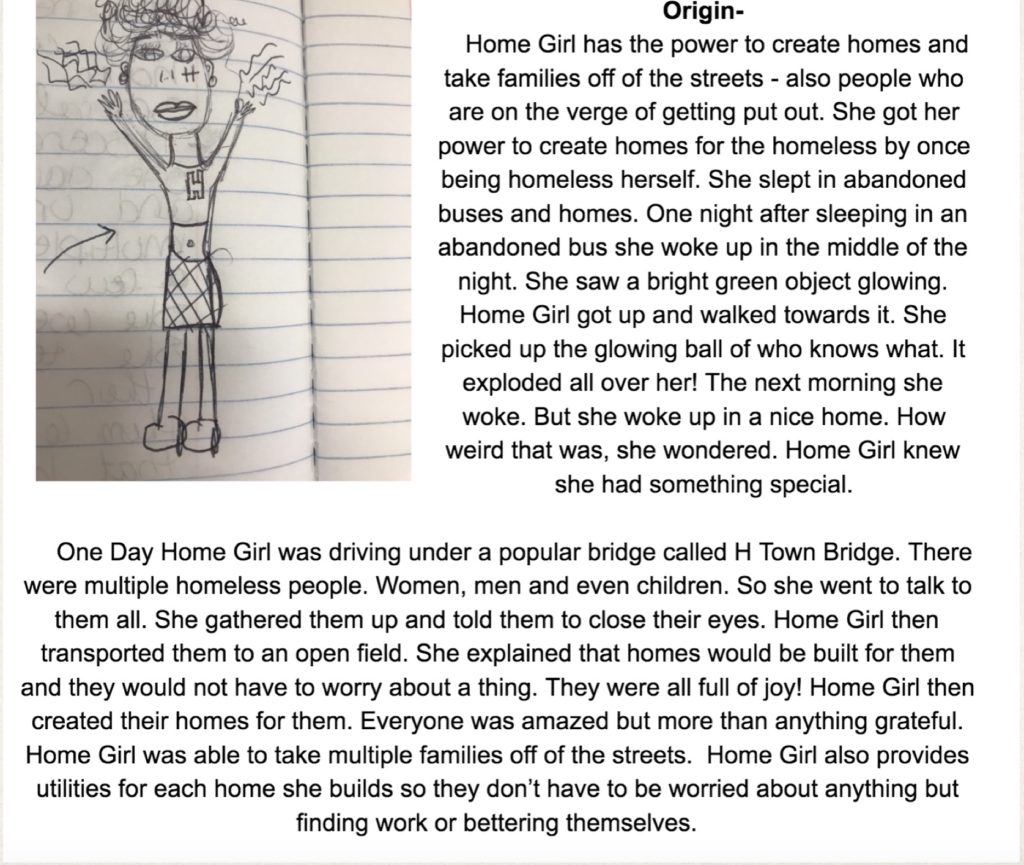Digital Democratic Dialogue (3D) Project Design Cycles
Summary:
Nicole Mirra shares the three iterative design cycles of the 3D Digital Democratic Dialogue Project that were aimed at encouraging students to move through a development progression of defining themselves as civic actors, engaging with other young citizens from across the U.S., and imagining their collective civic futures. Included are examples of student interaction and creations.The Digital Democratic Dialogue (3D) Project began during the summer of 2018 when the 3D Project team (2 researchers and 6 teachers) gathered for a 3.5 day planning retreat to discuss their goals for critical democratic education in the literacy classroom and develop design cycles that the teachers would adapt to their individual school contexts during the 2018-2019 school year. All meetings from the planning retreat were audio recorded and transcribed. The team created three iterative design cycles aimed at encouraging students to move through a developmental progression of defining themselves as civic actors, engaging with fellow young citizens from across the U.S., and imagining their collective civic futures.
- Design Cycle #1 (September-December 2018)
- Design Cycle #2 (January-April 2019)
- Design Cycle #3 (May-June 2019)
You can explore each of these design cycles in more depth in the following sections. We encourage teachers to adapt these design cycles to their own contexts and share what happens!
Design Cycle #1 (September-December 2018)
Part 1: Who are we as individuals and how are we connected as a community?
We are all figuring out our identities each day. We are influenced by the contexts in which we live and the people in our lives, but we also make our own choices about what we care about and who we want to be. We are each unique, but we are also connected to each other through communities large and small. Who are you today, and what similarities and differences do we see across our 3D youth community?
Part 2: What possibilities and tensions do I experience in my communities? How are they shaping who I am in the world?
Step 1: Post your multimodal stories about the Part 1 question on the KQED Learn platform
Step 2: Comment on the posts of students from different schools
Step 3: Post your multimodal stories about the Part 2 question on KQED Learn platform
Design Cycle #2 (January-April 2019)
“If they don’t give you a seat at the table, bring a folding chair.” – Shirley Chisholm
Many adults think that young people like you are not concerned about civic issues. As a result, they often don’t invite you to the ‘table’ of public life and listen to what you have to say. But we know that this is not true or right – the issues that you chose to explore in our survey are the same ones that adult voters care about. So, let’s change those assumptions!
You are now in a chat group with students from the other 3D schools to explore your chosen civic issue. Your teacher will show you how to join a private Edmodo group where you can chat with your group members – we chose Edmodo so that you don’t have to share your personal contact info and so that we can see and learn from your chatting.
So, what happens next?

- Chat with your group members as much as you can!
This is an opportunity to learn from new friends across the country. We’d like you to get to know each other and chat. We’ll give you some guiding questions for your exploration but also want to keep it flexible enough for you to take it where you decide.
- How does your chosen issue affect each of your lives personally? How does it affect each of your communities? What similarities and differences do you see across your locations?
- What are your feelings/beliefs about this issue? Are there differences of opinion in your group? Let’s lean into that – how can you learn about each other’s reasoning in a compassionate way? What happens when we just don’t agree?
- How does the news media talk about this issue? Is it helping us to dialogue or hurting? What are some sources you trust to learn about this issue?


- Create something to share your group’s exploration!
You will have such a unique perspective after spending time chatting with youth who are similar to and different from you around the country. We want to share what you’ve learned and what you’re still thinking about. This is when you will move out of Edmodo and create something together. We have some ideas for you, but you have the freedom to choose a product of your choice. You will be telling the story of your group, NOT just explaining your civic issue. It will be more interesting to hear about your journey together.
- Podcast
- Video Story
- Blog Series
- Photo Essay
Design Cycle #3 (May-June 2019)

During this school year, the 3D Project has gotten us thinking about the concept of community in many ways:
- The communities we find meaningful in our lives
- The possibilities and tensions that we experience in our communities
- The opportunities and barriers that arise when talking about civic issues with students from different communities
Underneath the political systems and boundary lines that we humans create between states and nations to separate “us” from “them,” we are a community of people living among each other at this particular moment in time. We are very similar and very different from each other in important ways – our identities, our histories, our beliefs, and our experiences. And it often seems like we are having a very hard time figuring out how to make decisions about how to live together through our differences. People seem divided. Polarized.
You brought up serious issues in your discussion groups. The environment. Guns. Health. Race. Gender. Technology. And so many more.
Now take a moment to imagine a not-too-distant future. These issues are not going away; in fact, they are getting more urgent. How is your generation going to address them when it is so hard for us to talk across serious differences in how we see the world and each other?
This can seem very heavy. It is. But it can also be hopeful.
For your final 3D challenge, we want you to let your imaginations run wild and be creative as you want to be as you dream of what the future of civic community could and should be. What kind of future do you see? Is it a drama? A tragedy? A comedy?
This is NOT about being realistic or cautious. Think WAY outside the box. What kinds of superpowers will it take to build a more compassionate community? Go for the fantasy or the sci-fi. There are no restrictions.

